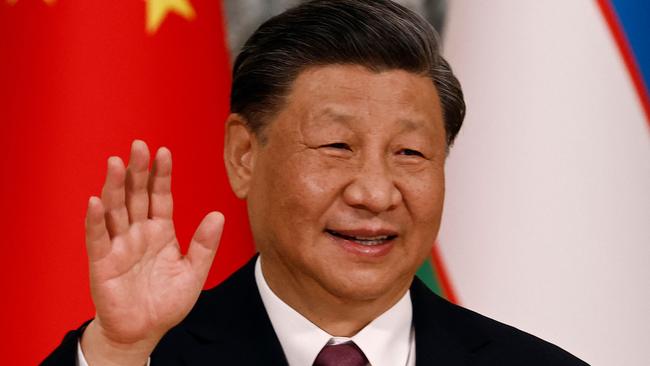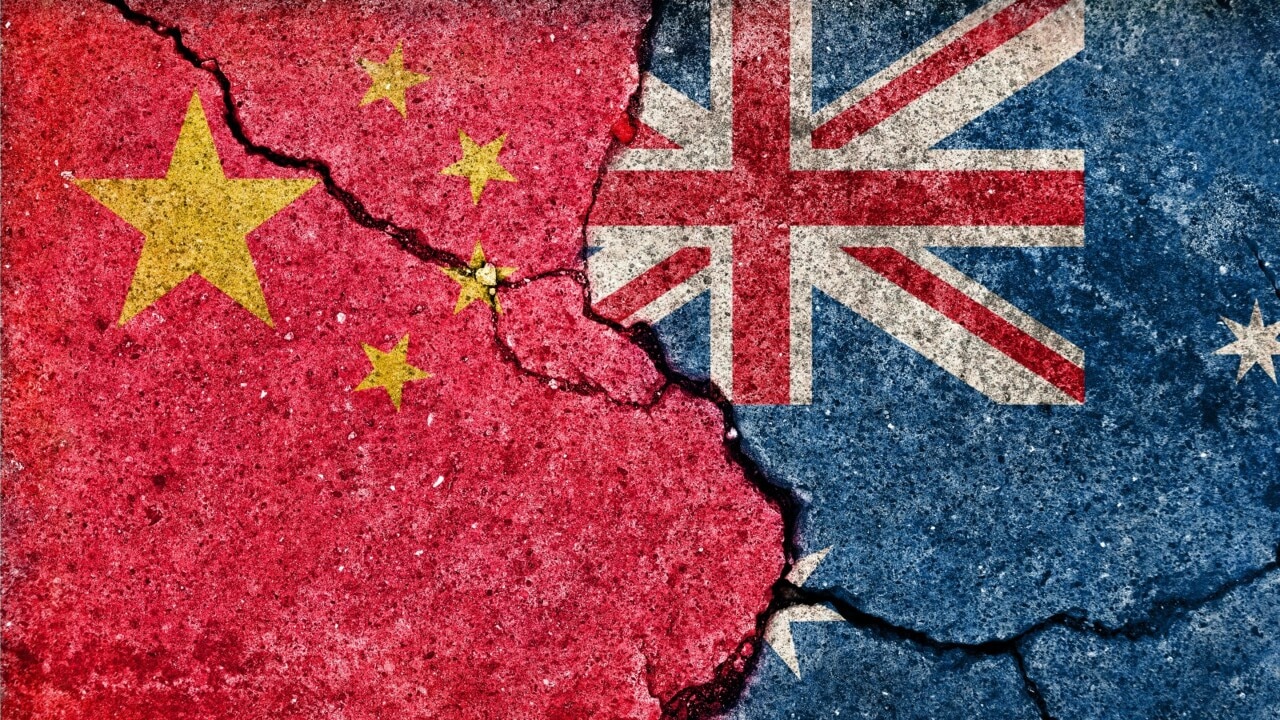Wealthy nations hold most anti-China sentiments
Quad nations Australia, Japan and the US hold the world’s most negative views of China and its strongman leader Xi Jinping, according to a Pew study.

Quad nations Australia, Japan and the US hold the world’s most negative views of China and its strongman leader Xi Jinping, according to a Pew study that underlines stark differences in how poor, middle and high-income nations assess the Asian giant’s global contribution.
The study found anti-China sentiment had reached historic highs in many wealthy nations – including in Britain, Canada, France, Israel, Spain and Sweden – since the Covid pandemic began, and had grown in many middle-income nations, while poorer countries were less inclined to criticise Beijing’s global behaviour and more amenable to its “soft power”.
India, the fourth member of the Quad grouping, stands out as the only middle-income country in which a majority views China unfavourably, reflecting deadly clashes between the two nations on the Himalayan border.
Opinions converge, however, on China’s corrosive influence on global affairs, with a median 71 per cent of the 30,000 people polled agreeing Beijing did “little or nothing” to contribute to global peace and stability.
That is despite its recent efforts to broker peace between Saudi Arabia and Iran and its 12-point proposal for how to end Russia’s war on the Ukraine.
Majorities in three-quarters of the 24 countries surveyed by the Pew Research Centre between February and May this year expressed little or no confidence in Mr Xi, including Australia, Canada and France where majorities said they had no confidence at all.

Indonesia was a notable exception, with half of those surveyed there saying China contributed a fair amount to peace and stability in the world.
Some 76 per cent said China did not take into account the interests of other nations; 57 per cent agreed it was a power “prone to interfering in the affairs of other countries”.
While two-thirds of those polled rated China’s technological achievements highly, its perceived standing as the world’s leading economic power has dipped in recent years compared to the US. Just 33 per cent of those surveyed now consider it the world’s economic hegemon, compared to 42 per cent in 2019.
Some 87 per cent of all Australians and Japanese surveyed for the poll viewed China in a negative light, despite a recent thawing in Canberra-Beijing relations.
In the US, 83 per cent of those surveyed expressed anti-China views while more than half nominated China as the greatest threat facing their nation, almost three times more than the share who named Russia (17 per cent).
“When we last asked a question of this sort in 2019, equal shares of Americans pointed to China and Russia as the greatest threat facing their country,” Pew said.
Polling for the survey coincided in the US with the discovery of what authorities there claimed was a Chinese spy balloon hovering over the mainland, prompting Secretary of State Anthony Blinken to postpone a planned visit to Beijing.
Notably, Indonesian attitudes towards China continue to soften as Beijing ploughs investment into the Muslim-majority nation, raising questions over how Australia will navigate growing differences with its most important near-neighbour.








To join the conversation, please log in. Don't have an account? Register
Join the conversation, you are commenting as Logout